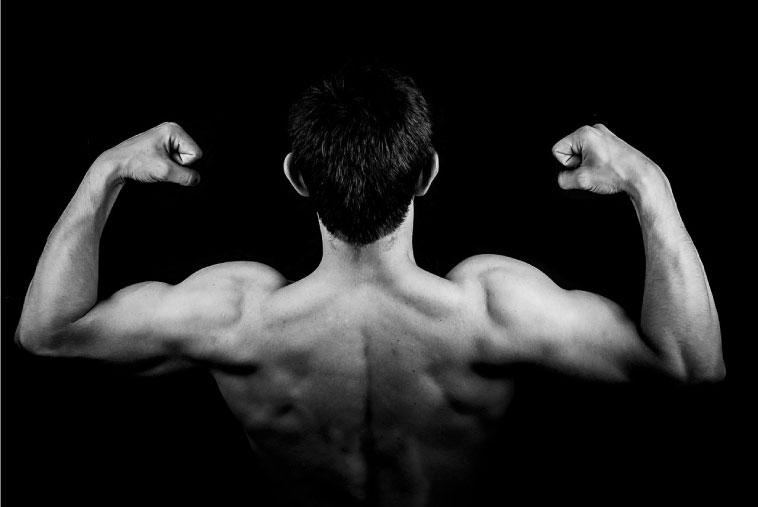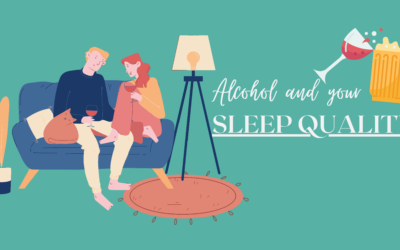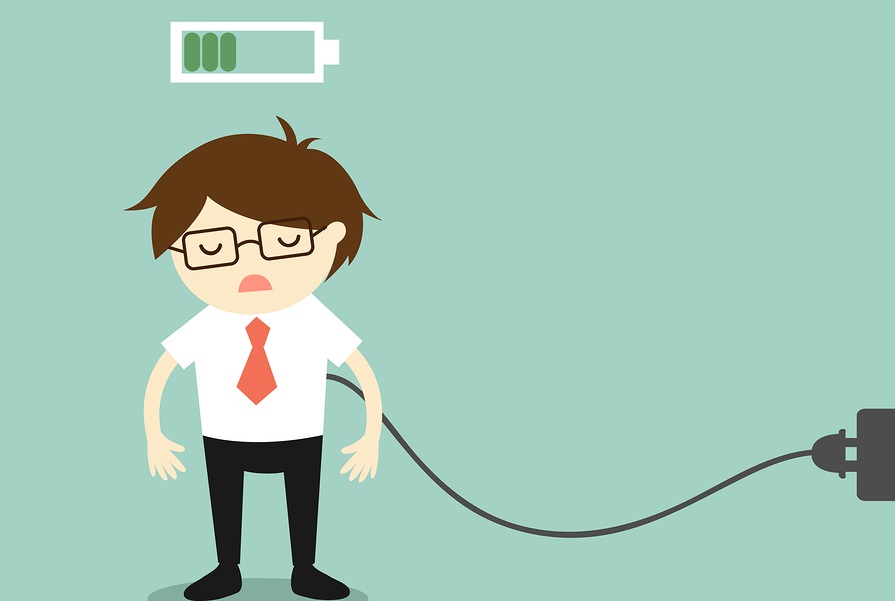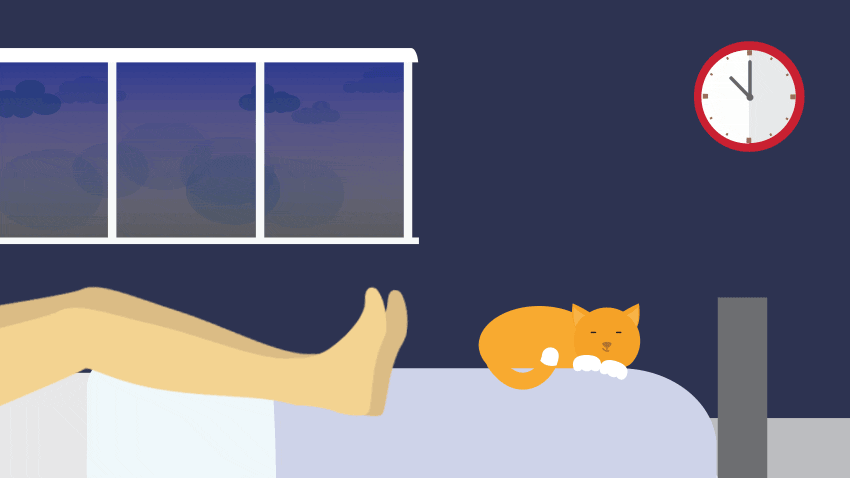What Happens When I Sleep?
In the following article, we take on answering the following question, “What Happens When I Sleep?” It seems like there are never enough hours in the day. We have to answer those emails, return that call, celebrate a birthday, take our kids to soccer practice, the list literally never ends. All of these items are important and what tends to take a hit from these busy days is our sleep. “I’ll sleep when we’re dead! Why waste valuable time doing it now?” It’s certainly tempting to follow this line of logic. I mean all we are doing is dreaming, right?
You guessed it, wrong. I’m sure you’ve heard the stories of people seeing how long they can go without sleep and eventually they get to the brink of delirium and give into sleep. If you read our previous blog article on the importance of sleep, you might understand why and how lack of sleep can affect us emotionally and cognitively. However, our brain and memories are not the only things that are working while we sleep.
The Restorative Theory
There are several theories about why we sleep. The Restorative Theory talks about how our bodies repair and restore during our non-REM sleep. Our bones, muscles, tissues, and cells are being repaired at a higher rate while we sleep. This is a result of human growth hormone or HGH. You might have heard this hormone referenced when you hear about steroid use in athletics. While the synthetic version of this has been used for performance, our body also secretes HGH naturally, while we sleep. In fact, experts say that we secrete up to 75% of HGH while we are sleeping! When we miss this critical time of sleep we also miss an opportunity for our body to heal itself. This lack of sleep can be especially impactful for children and adolescents as they are constantly growing and changing.
In Conclusion
We’ll continue to explore the reasons why we sleep in future blog posts. We hope that this series is able to encourage you to make lifestyle changes to prioritize your sleep. We have a lot of important tasks at hand and when sleep is prioritized those tasks can be made simpler and more efficient. As long as we’ve prepared our mind and body for the day ahead.
If you or someone you know is experiencing signs and symptoms of obstructive sleep apnea, consult a sleep professional at once. Undiagnosed and untreated sleep apnea can lead to a host of health concerns. Don’t worry, CPAP is not the only therapy option. Contact us to learn more about oral appliance therapy today.
Finally, if you enjoyed today’s article, be sure to visit our blog for more fun and educational content! You can also check out all “sleep education” related articles for more sleep educating material.



